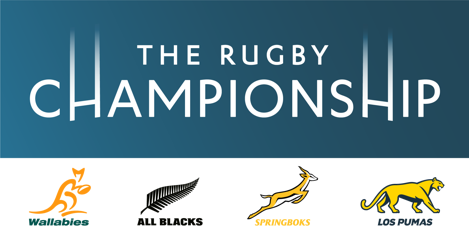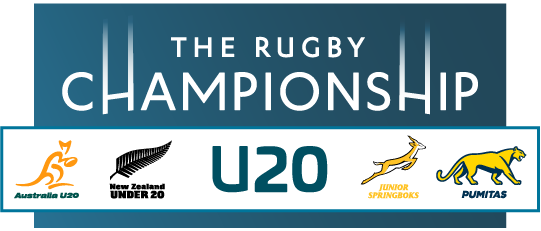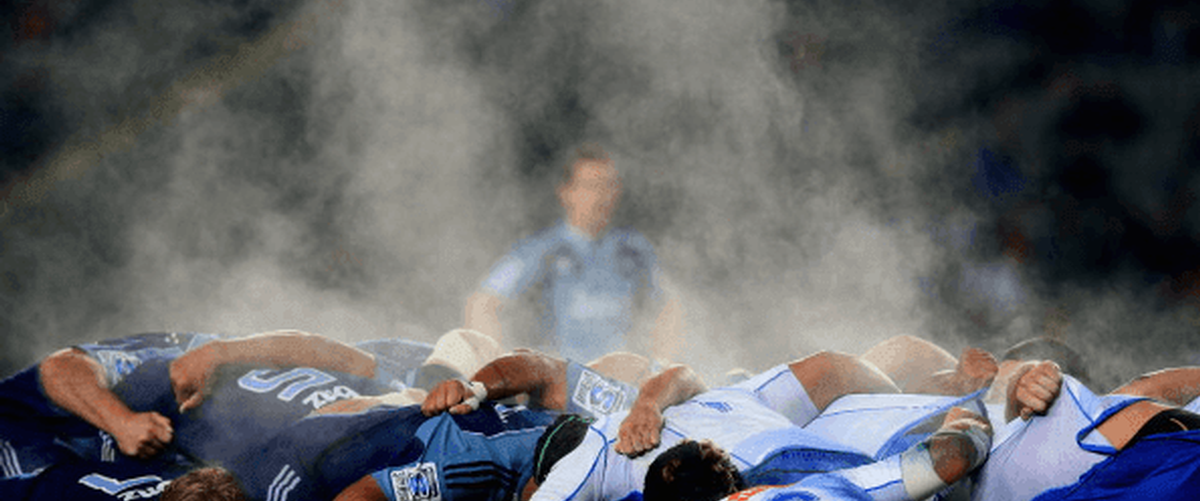The 2013 Super Rugby season is now well underway, and SANZAR Game Manager Lyndon Bray has been happy with how the new trial with the Television Match Official has begun, while noting that among the 'BIG THREE' Game Measures (agreed by SANZAR, the referees, coaches and teams), first scrum hit completion is at record levels.
There is nearly an 80 percent success rate with first hit scrum completion, up from the 65 percent benchmark set throughout the 2012 season.
As a consequence it is allowing the ball to be in play longer, another key benchmark, while decreasing the overall number of penalties in the game.
This was to allow the game to be a better product.
"We have a better flow, and better scrums in 2013," Bray said.
"That results in less penalties as an outcome, so you're getting a less total of penalties per game. that's really encouraging signs.
"We're almost up to 80 percent of our scrums getting the ball in, ball out which is phenomenal.
"How much that's got to do with getting ridding the four step call is debatable but it's definitely had a positive impact. We've got a lot more stability on the hit. That takes two things, it takes the referee controlling the call and it takes the players being a lot more positive so that's an incredible statistic across the competition at this early stage."
Other comments regarding the TMO Trial
The extended use of the TMO is being tested around the world and will be applied in Super Rugby in 2013, allowing the TMO to review footage if a 'clear and obvious' infringement is suspected in the lead-up to what would be a try.
The TMO, referee and assistant referees will be able to refer these incidents as far back as the last restart of play but no further than two phases (a phase is defined as a ruck or maul). Previously the TMO could be used to look at only the actual scoring of the try over the try-line.
The TMO may now also be asked to look at foul play incidents, only if an incident is potentially a serious act of foul play, which may therefore attract a yellow or red card as part of the sanction. A TMO can also assist the referee with the identification of a player who committed foul play.
The White Card is continuing in Super Rugby this season.
So far we have in the TMO trial:
Relevemt outcomes
Happy with number of referrels
Not being overused
Referees are still owning the decisions
Good learning around law of the game
Work out heavily why a penalty or decision is made with much higher scrutiny of the law in hand
This in turn allows:
Broadcaster relationship
Working will with the match and TV directors to manage footage
Protocol is not time consuming
Referee confidence:
A game is too difficult to be able to completely manage due to the dynamism of the game, but there has been plenty of confidence amongst the referee teams to do the job themselves.
Support from teams:
The coaches have been quite accepting to the concept, and of course a lot of coaches also wanted this trial, as they support anything that will give them more evidence that their team has scored a try.
As for the contact situation between referee Steve Walsh and Hurricanes captain Conrad Smith, Bray had this to say.
"It's just one of those things that happens on a rugby field, accidental contact between the two, because they're both getting into exactly the same spot at the same time,'' Bray said.
"So they were naturally in each other's face as they turned and so they were inevitably going to collide. Steve had momentum on his side obviously because he's about to start racing up 10m."
A reminder about the 'BIG THREE' areas where referees and the game is focusing on in 2013 Super Rugby.
Quick ball
* Focus on the tackler first. He must roll away from the halfback, not towards him.
* Tackler assist must be clearly seen to release the tackled player
* Closely monitor players taking out defenders in front of the ball
* Sealing off is to be penalised when the opportunity exists for a defender to be in the position to contest the ball
Scrum Outcomes
* Scrum accuracy to be measured for every engagement.
* Stability must be evident before calling 'SET'.
* Tighthead must hit straight.
* Loosehead must hit up and bind.
* Monitor fast wheel on axis. The team must gain forward momentum before wheeling.
Space
* Stop means stop for players in front of the kicker.
* Ruck management.





